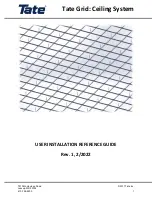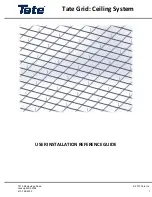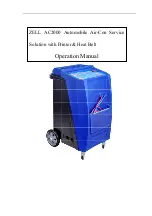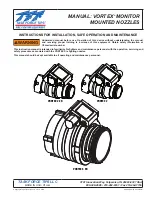
Anderson Group
Self-loading Trailer – Operator's Manual
49
Table 8 — Description of the Main Menu Options
Option
Description
Activates automatic loading (see section 5.2.3) and opens the automatic load-
ing screen.
Activates semi-automatic unloading (see section 5.3) and opens the auto-
matic unloading screen.
Activates manual mode (see section 5.4) and opens the manual operations
screen.
Opens the settings menu (see section 5.1.2).
Activates the trailer's emergency stop.
Puts the trailer in transport position (see section 2.2).
Allows you to select the orientation of the bales to be loaded.
Opens the menu for managing client data (see "Selecting a client" on page
53) and adjusting the client bale counters (see "Adjusting the counters and
exporting the data" on page 63).
Opens the menu for adjusting the bale counter on the trailer (see "Adjusting
the counters and exporting the data" on page 63).
















































